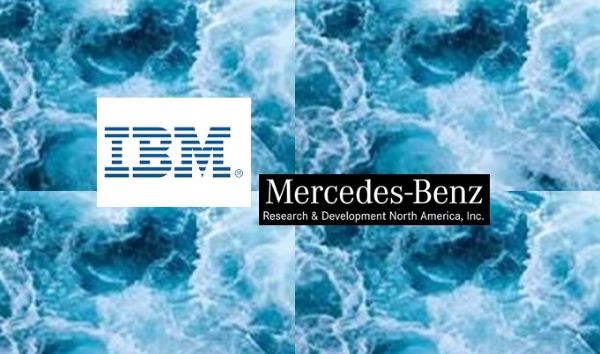IBM has developed a battery using materials extracted from seawater that could become a sustainable alternative to lithium-ion batteries.
The tech firm’s research arm has developed the battery to be free from heavy metals such as cobalt and nickel, which are commonly used in the rechargeable lithium-ion batteries found in electric cars, laptops and smartphones . Many of the materials currently used in batteries have been linked to environmental concerns and human rights abuses.
Materials used in IBM’s battery are extracted from seawater, providing “less invasive sourcing techniques than current material mining methods”.
Initial tests on the new battery found it surpassed the capabilities of its lithium-ion counterparts in a number of areas, including higher power and energy density, stronger energy efficiency and low flammability.
The battery was also able to reach an 80% state of charge within 5mins, which combined with low sourcing costs for materials, could make a fast-charging, low-cost electric vehicle a reality, IBM said.
While the technology holds potential for the future of electric vehicles, tests also showed the battery could be designed for a long-life cycle, which IBM said could make it a viable option for “smart power grid applications and new energy infrastructures where longevity and stability is key”.
IBM has partnered with Mercedes-Benz Research and Development in North America, Central Glass, a battery electrolyte supplier, and Sidus, a battery manufacturer, to progress the battery from early-stage exploratory research into commercial development. “This new research could help eliminate the need for heavy metals in battery production and transform the long-term sustainability of many elements of our energy infrastructure,” said Young-hye Na, manager, materials innovations for next-gen batteries at IBM Research.
 Last month, a lawsuit was filed against Apple, Dell, Google, Microsoft, and Tesla which accused the tech firms of “knowingly benefiting” from child labour in cobalt supply chains in the Democratic Republic of Congo. Read also: Reputational Risk and Compliance
Last month, a lawsuit was filed against Apple, Dell, Google, Microsoft, and Tesla which accused the tech firms of “knowingly benefiting” from child labour in cobalt supply chains in the Democratic Republic of Congo. Read also: Reputational Risk and Compliance
Demand for cobalt has tripled in the last five years and is expected to double again by 2020.
Source: CIPS.org


























